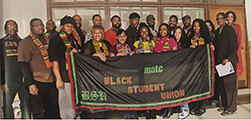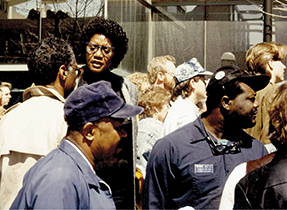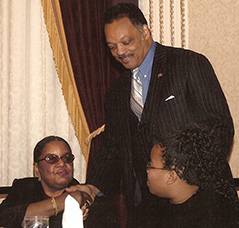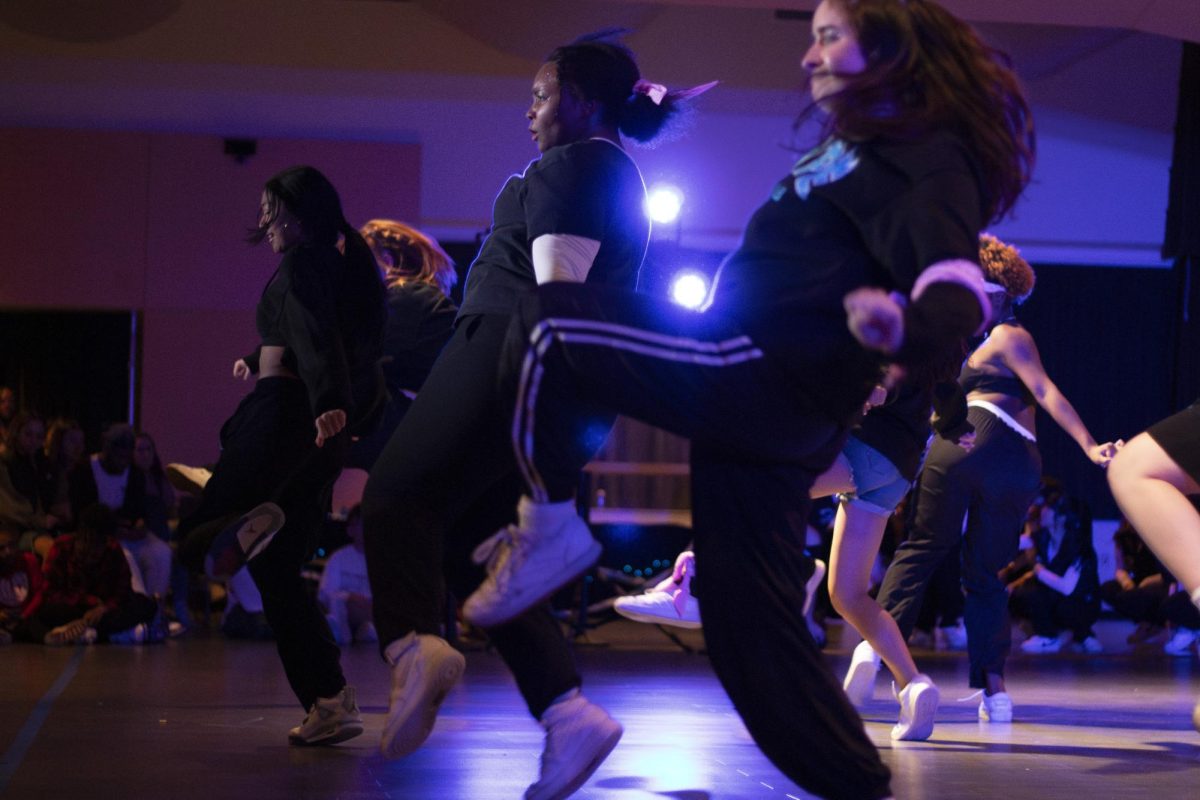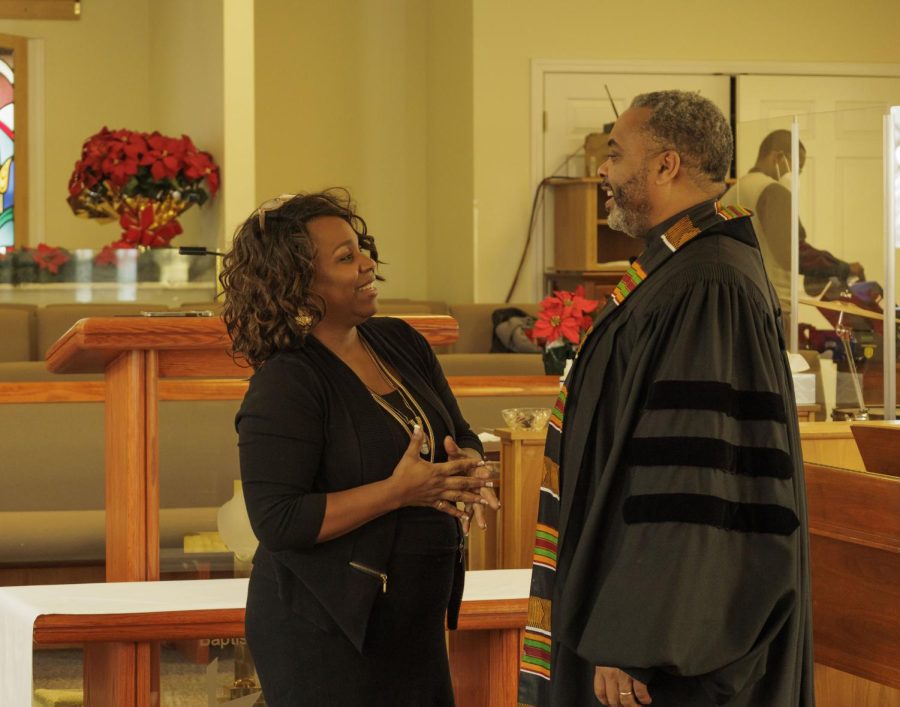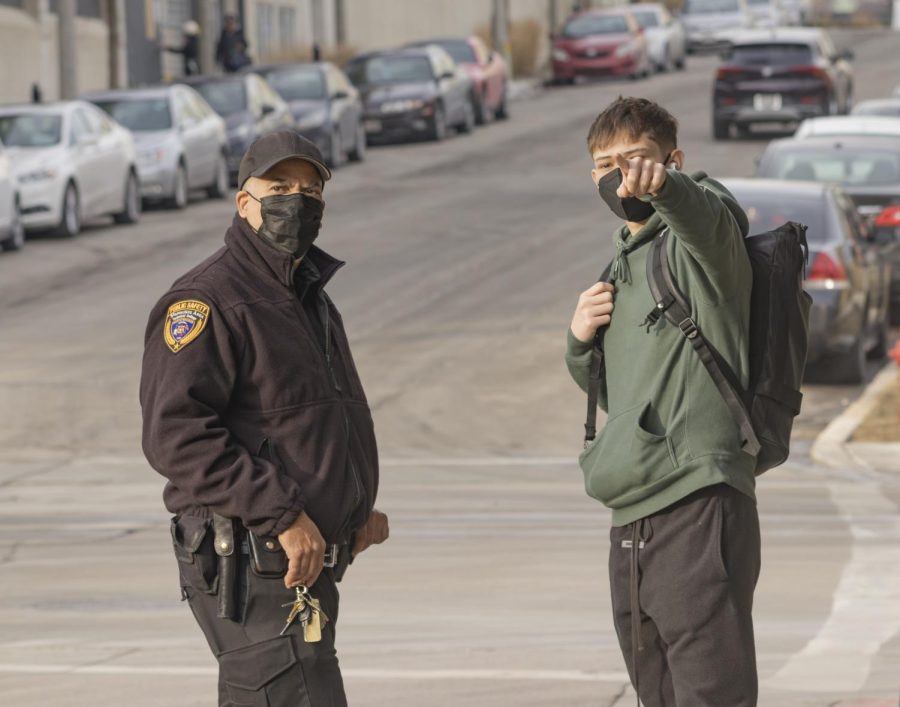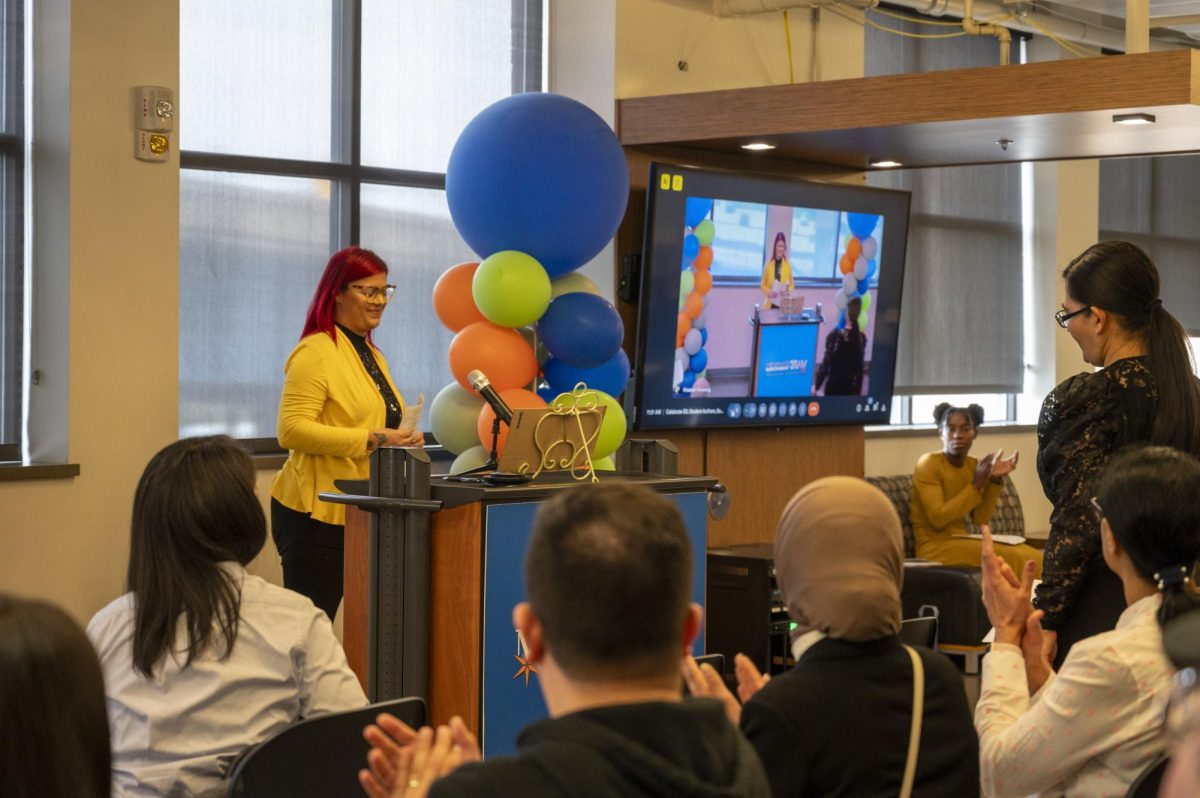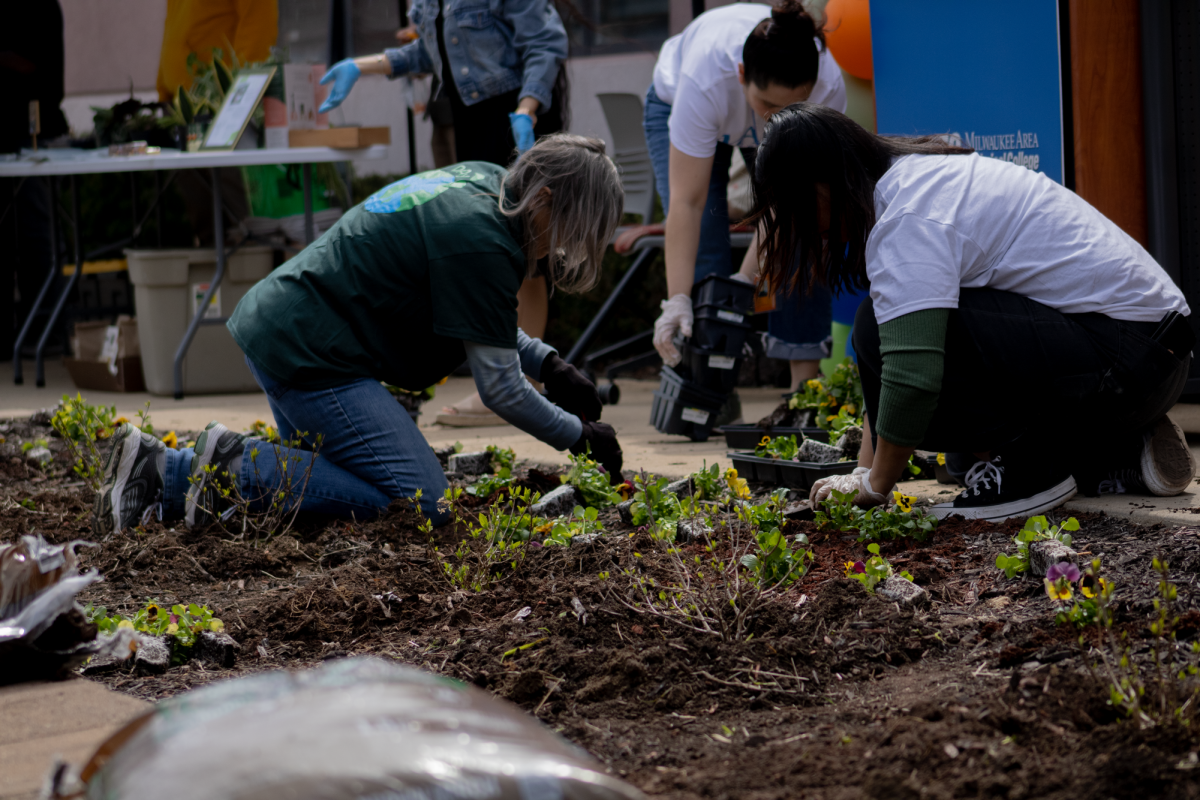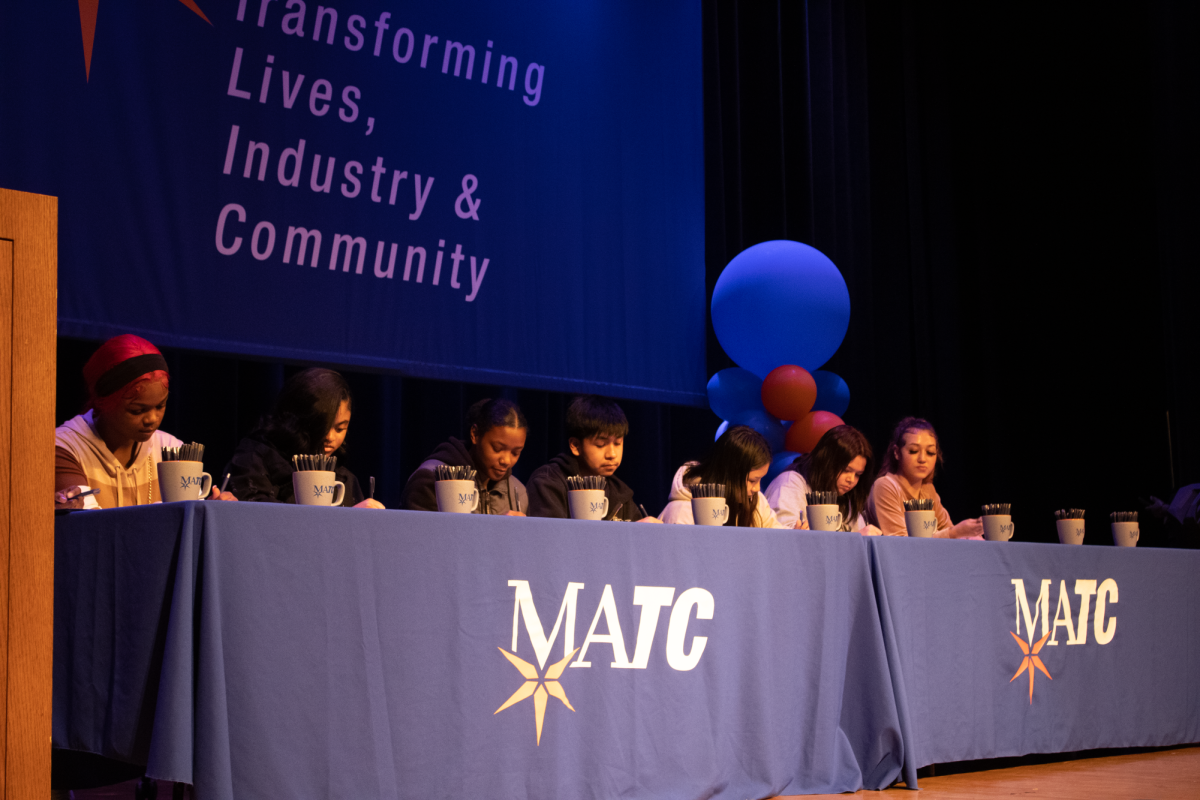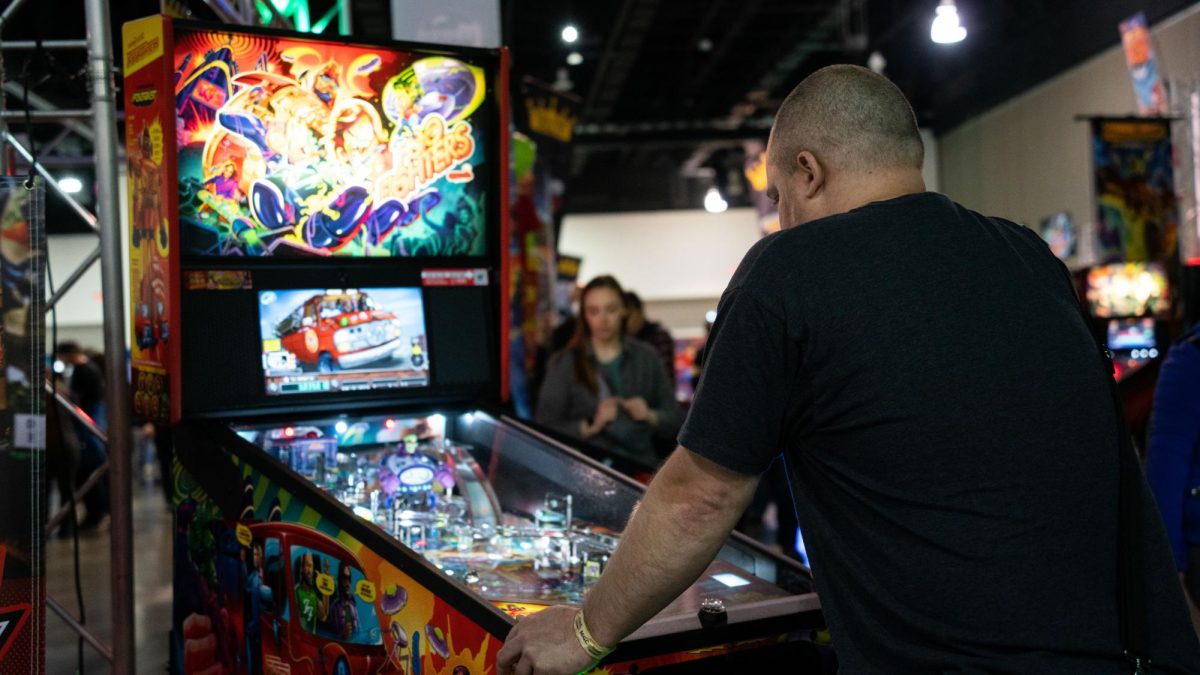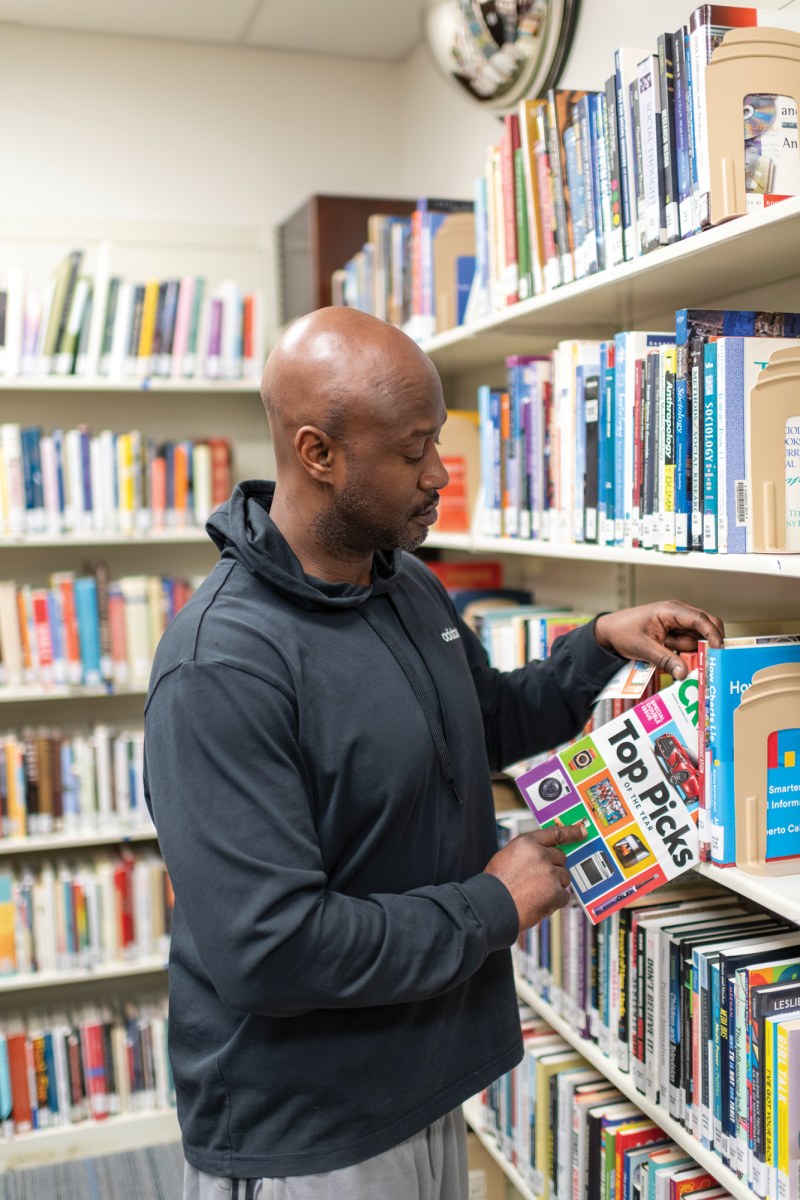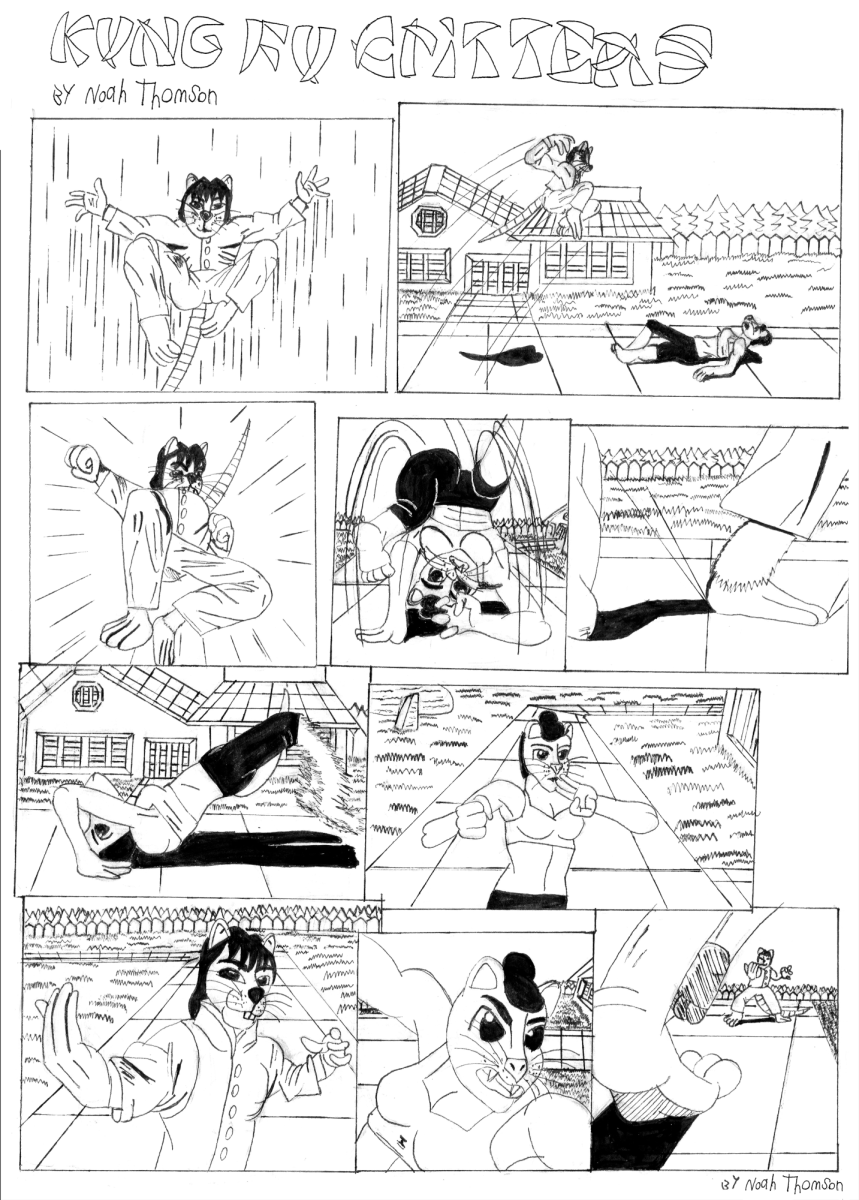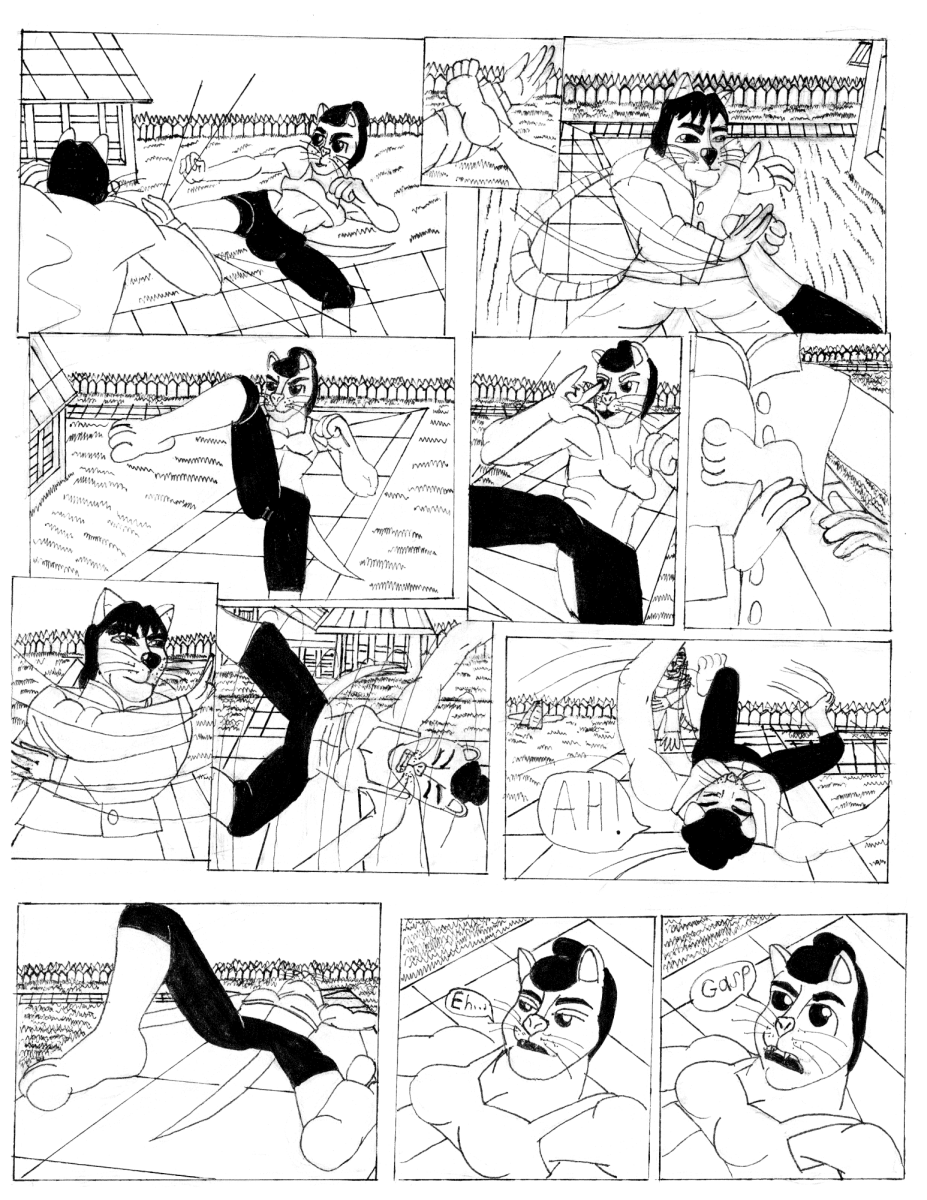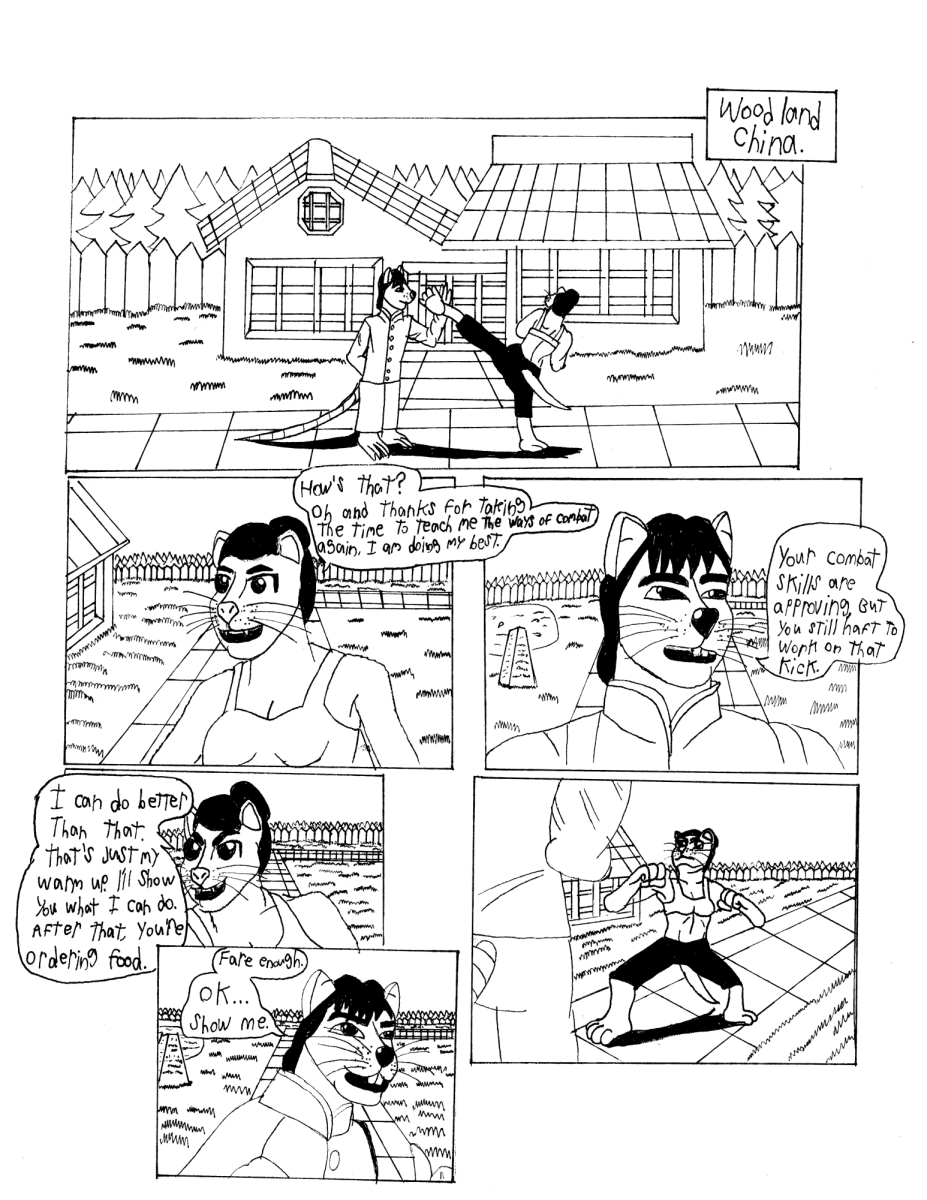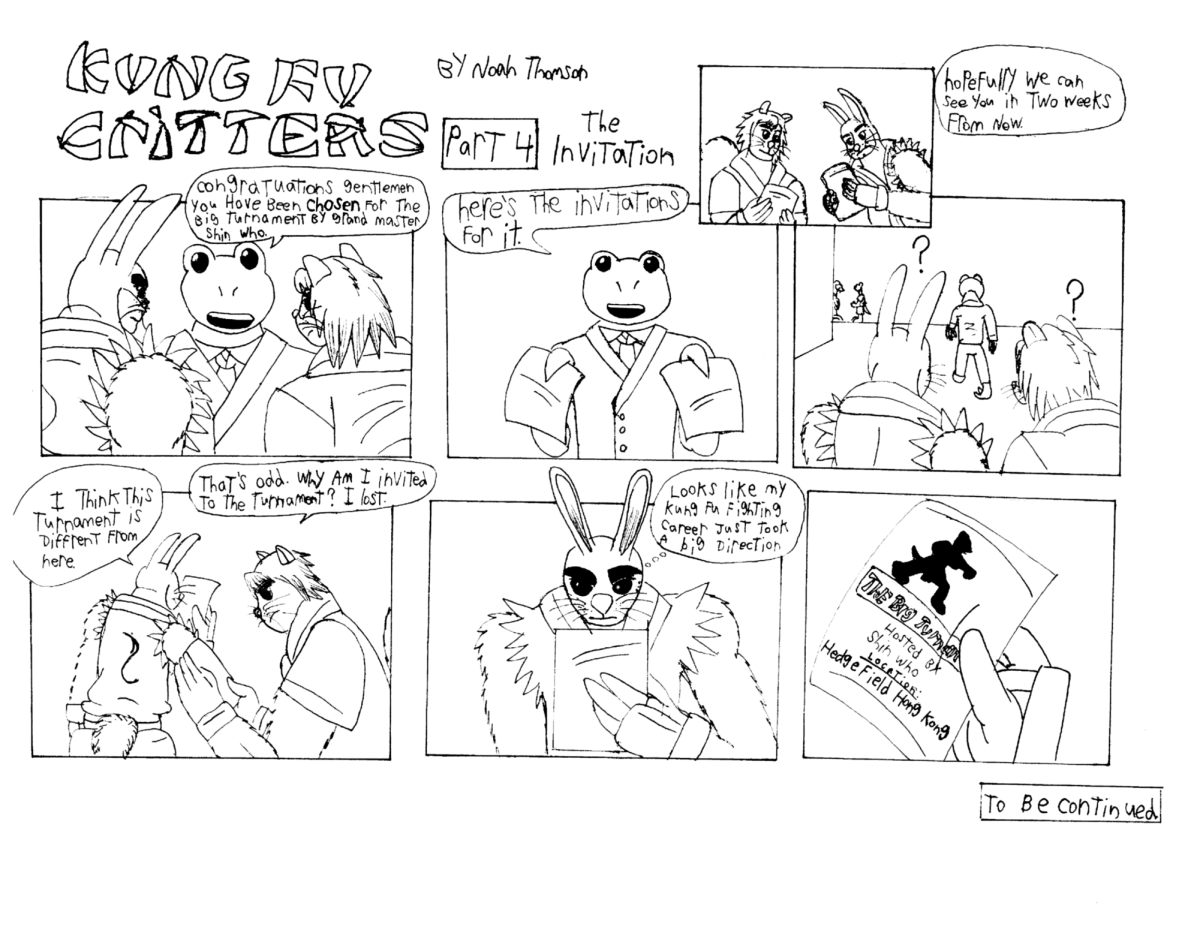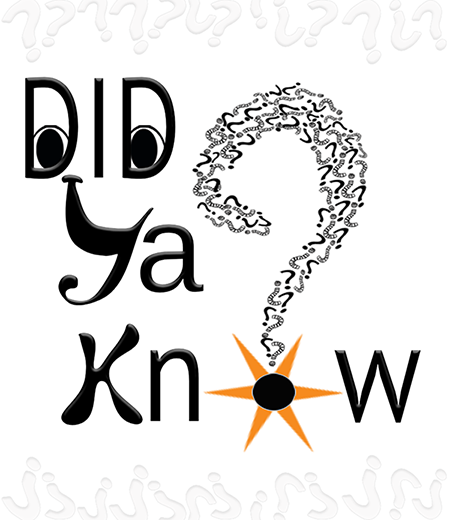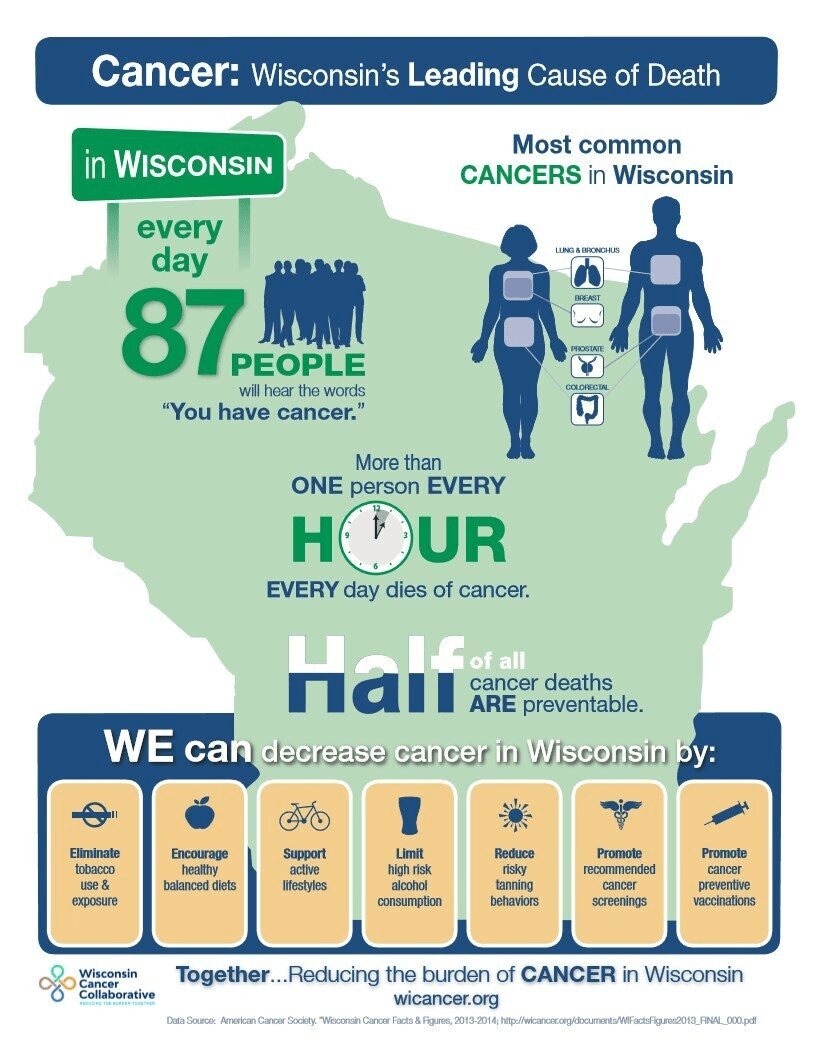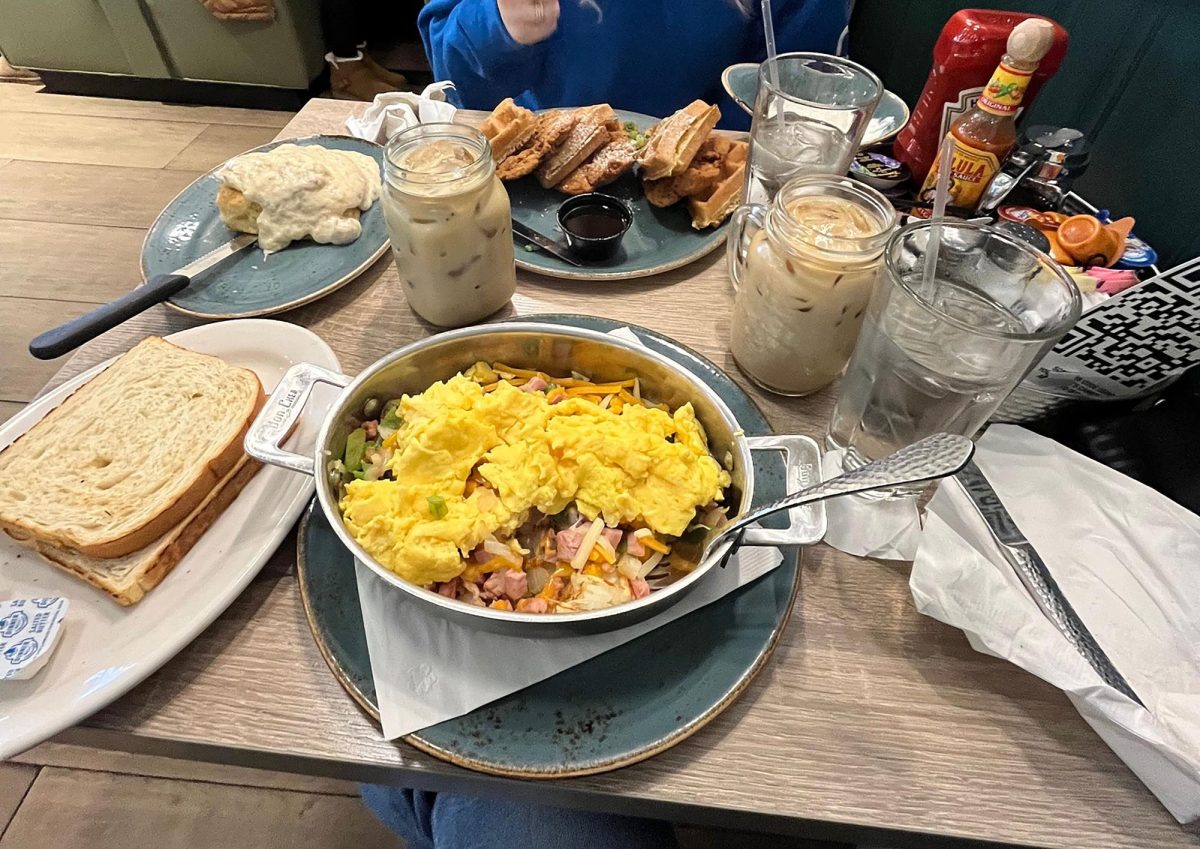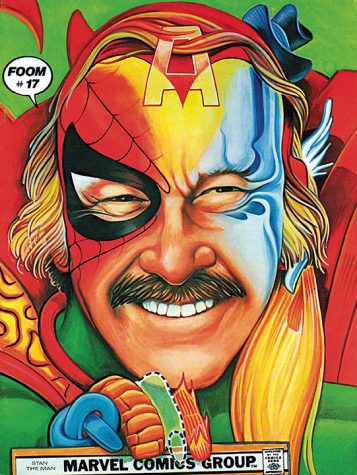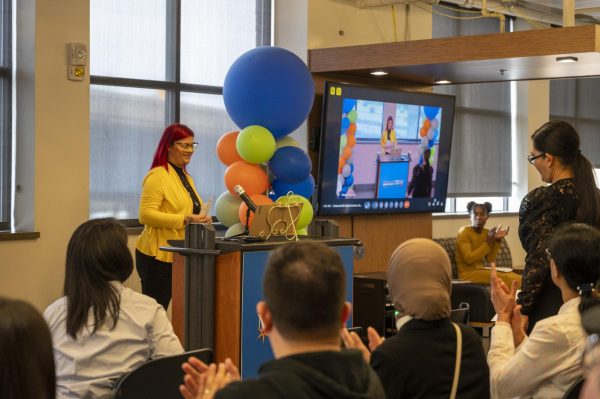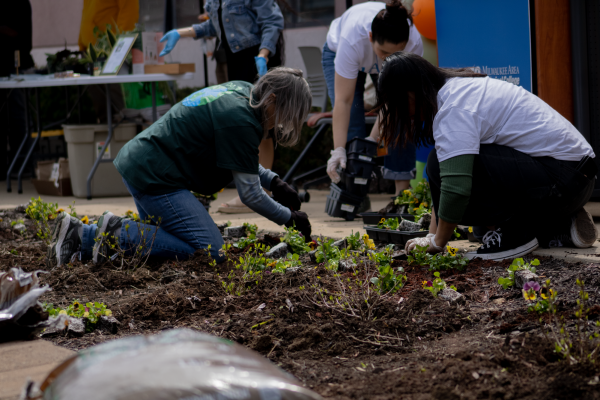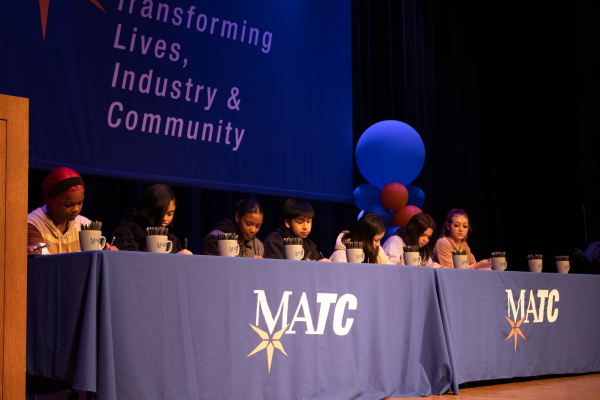Massey, champion of the underdog
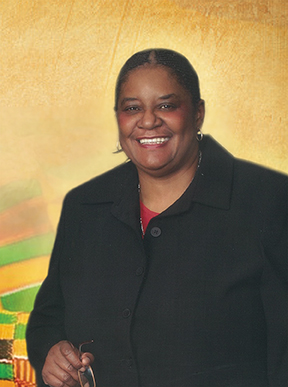
Rose Massey
“Legacy is not leaving something for people, it’s leaving something in people.” ~ Peter Strople
Oftentimes, we hear about those who have made great contributions to our society on television, movies and books, in the limelight. There are so many everyday people who do extraordinary things. Rosemary Freeman Massey was one of those people, right here among us in the city of Milwaukee. There is more than meets the eye to this tell-it-like-it-is change agent. From her activism in the civil rights era in Mississippi, the “Morrill Hall Takeover” in Minnesota, to 33 impactful years here at MATC, she planted seeds that will bear fruit for lifetimes.
Rose Freeman Massey (71 years old) made her transition Oct. 1 after battling Parkinson’s disease. “We need to honor her legacy,” said MATC Associate of Arts student Shacora Jennings. And what a legacy she left. Born and raised in Browning, Mississippi, an all-black community founded after the Civil War by ex-slaves, Massey had said, “My friends and I used to say that we were grown before we ever saw white folks. We were taught communalism, independence and responsibility for self and the community.” Browning is about 10 miles from Money, Mississippi, where Emmett Till was brutally murdered. Massey was 8 years old when his life was taken, and the imprint of the image of his disfigured face (seen in Jet magazine) would be the beginning of many experiences that inspired her extraordinary life. By her senior year in high school, Massey was attending mass meetings held by civil rights workers. After graduating in 1964 it was ascertained, “I had been called to wage the struggle for liberation and I could not turn back even if I wanted to. I spent my time working voter registration in Mississippi. I was chased off plantations by the owners and the KKK for trying to get poor blacks registered to vote. By the time I arrived in Minnesota and reconnected with Endesha Ida Mae Holland, I was prepared mentally for anything. I had been to jail, I had been chased and I had good organizing skills. The Ivory Tower was ripe with inequalities.” A purpose-filled woman of faith, Massey moved forward with intention and courage. Prior to her graduation, a fundraising tour for the Student Nonviolent Coordinating Committee led her to Minnesota, where she met the Tilsen family. Inspired by the young activist, Mrs. Tilsen told Massey (and two others who joined her) that if they ever decided that they wanted to go to college, to come back and she would make sure that they got an education. Massey took her up on her offer and obtained a Bachelor of Arts in African-American Studies in 1970, and a Master of Arts in American Studies in 1972 from the University of Minnesota. “It was one of the best decisions I ever made in my life,” she has said. During her time in college she definitely left her mark. After the assassination of Dr. Martin Luther King Jr. in 1968 Massey was elected chairwoman of the Afro-American Action Committee at the University. In 1969 Massey and other black students shut down the school’s administration building with a sit-in. According to her obituary, Malcolm Moos, the school president, walked into his office to find Massey sitting in his chair, and Massey said he could sit in another chair, which was her way of “leveling the playing field a little bit.”
Clearly, this (often described as) fearless woman did not come to play. She eventually made her way to Milwaukee where she continued her leadership and activism. She became an instructor of African-American History at MATC for a total of 33 years. She coordinated MATC’s “Just One” Mentoring Program, which was very impactful for marginalized students facing financial /academic suspension or warning. The program may need resurrection as the need is ever present. She was also faculty advisor to the MATC Black Student Union. “She inspired me to not only speak up, but to be persistent about issues going on on campus,” said Jennings. She was a champion for the underdog, having a great influence on hundreds of students and numerous staff members during her 33 years on campus. She is the cofounder and board member of Assata High School, a local school for at-risk youth, along with her daughter Corlotta Pritchett, who currently serves as the school’s president. She also coauthored a book titled “Nerve Juice” (2006), which she defines as “having the juice and the nerve to do it.”
A lot of people think of wonderful things, but they don’t have the courage to execute. “She got stuff done, she was an advocate for the people,” recalled Jennings. This impactful, beautiful soul, mother and grandmother left much for us to glean from. She teaches us the power of the impact of “Just One.”
The times that we are living in call for such leaders as Rosemary Freeman Massey. We can honor her legacy with our words but the highest honor will be in the execution of what we know is right in our hearts and minds. Thank you, Mrs. Massey, and here’s to more of us finding our “nerve juice!”
